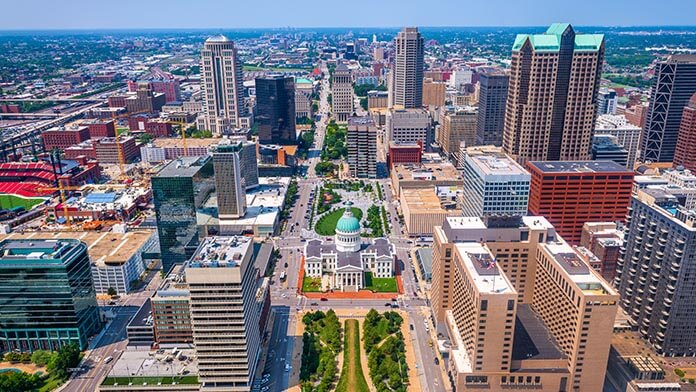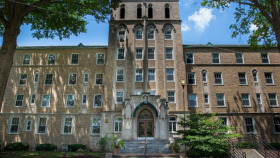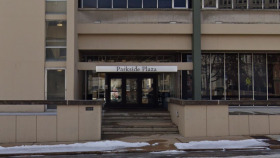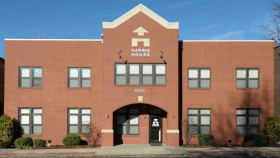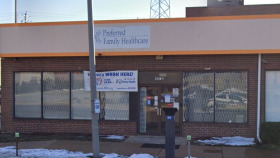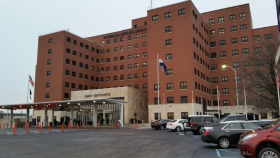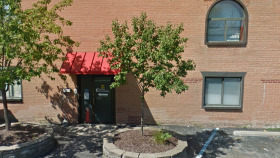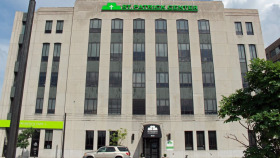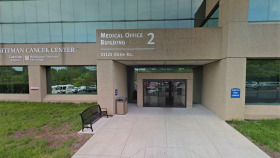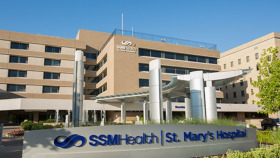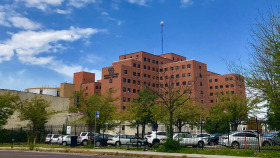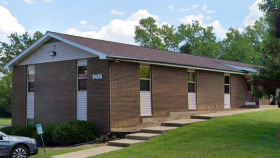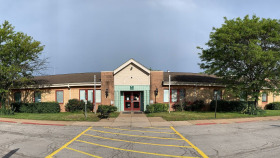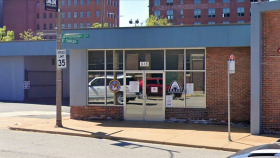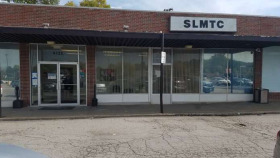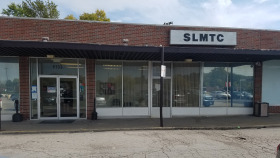Expert Insights
I recently heard about the new mobile addiction treatment unit in Saint Louis and I think it’s an innovative idea. I know how hard it can be for people to access addiction treatment, even if they have insurance, because there just aren’t enough resources for the area. That’s critical, in my opinion, because 48 percent of opioid deaths occur in the St. Louis metro area. Taking addiction treatment on the road allows providers to help people directly in the community and I think it should help to reduce overdoses and even provide other services to support people struggling, like food stamps.
~ Olivia Pennelle
How Expensive is Drug Rehab in Saint Louis?
The cost of treatment in Missouri drug rehabs can vary widely, depending on factors such as:
Whether you need housing while attending rehab
The types of amenities you’re looking for
Your method of funding
The level of frequency you need to participate in therapy
The cost of living in the area you move to during treatment
Whatever your specific needs, there is a drug and alcohol rehab in St. Louis, MO, that can help you achieve your sobriety goals.
How Does Saint Louis Compare in Alcohol and Drug Use?
Fatal and non-fatal drug overdoses have become a major concern in Missouri over the past decade. The Show-Me State ranked 32nd in the U.S. for drug overdose death rates in 2020 and is the number-one leading cause of death among adults aged 18-44. If you’re one of the thousands of Missourians affected by addiction, know that there is help within reach. There are nearly 50 accredited alcohol and drug rehab centers in St. Louis that can get you on the path to recovery.
Local and federal agencies monitor the number of substance abuse treatment admissions as well as drug-related deaths. Here are some key data points about the city of St. Louis:

St. Louis drug rehabs have the third-highest admission rate in the state.
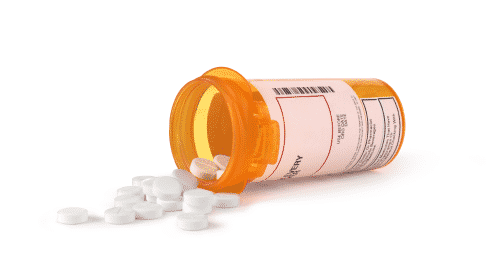
In 2018, Missouri had the highest increase of opioid overdoses of all the states.
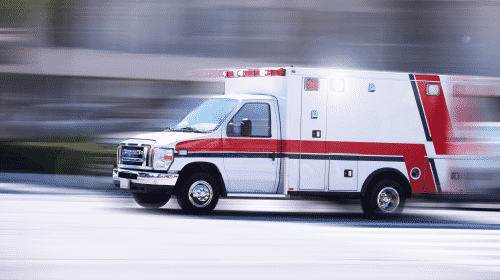
In St. Louis County, the rate of narcotics and hallucinogen overdoses rose to 27.1 per 100,00 residents in 2020.
Alcohol and Drug Laws in Missouri
Missouri has passed laws and bills dedicated to fighting the problem of substance abuse in the state.
Good Samaritan Overdose Law: Minor drug and alcohol charges could be avoided if you witness an overdose and reach out to emergency services. The Good Samaritan law is designed to protect people who seek help for someone or themselves experiencing an overdose, providing some protection from prosecution for the crime of possession of drugs or paraphernalia. Other items protected under this law include holding a false ID, violating a restraining order or parole, and being a public nuisance.
Prescription Drug Monitoring Program (PDMP): The PDMP, established by St. Louis County Ordinance No.26,352, monitors the prescribing of schedule II-IV controlled substances, including opiate-based painkillers. This creates a traceable record of prescriptions for doctors to reference before offering opiates and helps identify patients at a high risk of addiction.
Call
800-681-1058
(Sponsored)
for help finding alcohol and drug rehab centers in St. Louis.
Resources
- Opioids Dashboard | Missouri Department of Health & Senior Services. (2020). Mo.gov.
- Missouri Department of Mental Health. (2022). Missouri Behavioral Health Data.
- Center for Disease Control. (2022). CDC Wonder.
- Missouri Department of Public Health. (2022). Behavioral Health Resources.
- Saint Louis County. (2022). Prescription Drug Monitoring Program

